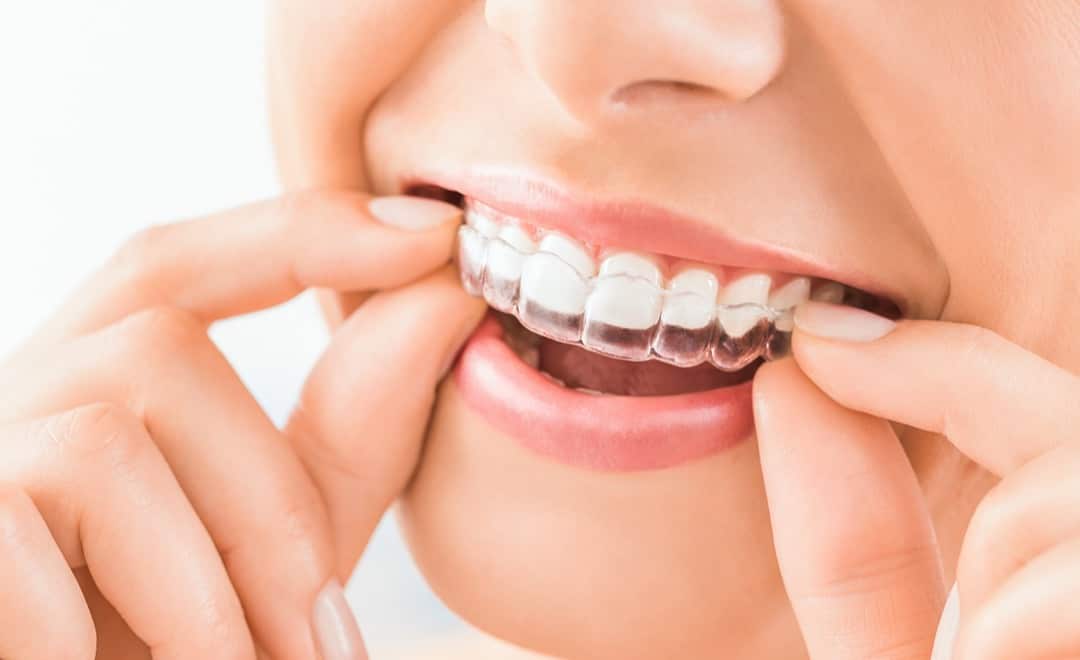Gapped teeth can add character to your smile, but that doesn’t mean you should keep it as is. Dr. Chad Carver, DMD, sees patients with gapped teeth all the time. At Stellar Family Orthodontics in Mukilteo and Mill Creek, Washington, he provides free orthodontic consultations to help you figure out whether your smile could benefit from orthodontics.
In the article below, we’ll discuss what gapped teeth are, how they affect your oral health, and what your treatment options are.
What are gapped teeth?
Also called diastema, gapped teeth are teeth spaced too far apart. Diastema most commonly occurs between the front two upper teeth. In fact, about 50-60% of children under the age of 5 have gapped front teeth.
Many cases of gapped teeth resolve themselves once children lose their baby teeth. However, because baby teeth help guide permanent teeth into the correct position, your child can also have a permanent space between their two front teeth.
What causes gapped teeth?
Gapped teeth are typically genetic, but there are other risk factors that raise your chances of diastema, including:
Pacifier use and thumb-sucking
Pacifier and thumb-sucking are two common childhood habits that cause misaligned teeth. During early childhood, your little one’s teeth and jaws are constantly growing. If your child consistently thumb-sucks or uses a pacifier, their teeth may not have the space they need to develop as they should. This often results in gapped or crooked teeth.
Too much jaw space
Sometimes, your jaw is simply too large for the amount of teeth you have. As a result, your teeth may start shifting away from one another. If this isn’t addressed by an orthodontic professional early on, your teeth will form empty gaps.
Thick frenum
The frenum is a small piece of tissue that connects your gums to the inside of your upper lip. It’s located between your two front teeth. When this strip of tissue is too thick, it can prevent your two front teeth from developing closer together.
How can gapped teeth affect my oral health?
Like any type of tooth misalignment, gapped teeth pose a threat to your oral health. Gapped teeth can lead to a number of dental health issues in children and adults, such as:
- Misaligned bite
- Crooked teeth
- Chipped teeth
- Cracked or broken teeth
- Gum disease
- Tooth decay (cavities)
Having a misaligned bite means that your teeth don’t fit together properly. It can have a snowball effect on your oral health. If your bite alignment is off, certain teeth can take on more pressure than others. This leads to chips, cracks, and other tooth damage.
How are gapped teeth treated?
After a comprehensive orthodontic evaluation, Dr. Carver can recommend a number of common treatment options for gapped teeth, such as:
Braces
Braces consist of metal brackets and long wires. They work together to pull teeth into alignment. Stellar Family Orthodontics offers traditional metal braces and tooth-colored ceramic braces for patients of all ages.
Invisalign®
Invisalign is a great option for teens and adults. This orthodontic treatment uses removable clear aligners to gradually straighten teeth in the same way as braces. Invisalign aligners are clear and custom-made, so they blend in with your smile. Stellar Family Orthodontics offers both Invisalign and Invisalign Teen at their offices.
Frenectomy
In some cases, a frenectomy may be needed to remove the thick band of tissue blocking your child’s front teeth from growing closer together. This surgical procedure is typically performed during infancy, as a thick frenum can hinder breastfeeding.
To learn more about gapped teeth, call Stellar Family Orthodontics or schedule a free consultation online now!




